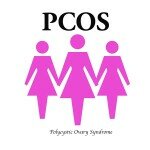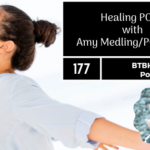
Podcast 025: Stress
Thanks Super Fan Nicole for the great question about stress and the impacts it has on health.
Stress can be physical, emotional, or chemical in nature. One thing to remember is that our body is geared to tolerate and want stress for short periods of time. The problem is the effect that stress has over long-term exposure.
CAFFEINE USE DURING STRESS IS NOT A GOOD IDEA. Repeated doses of caffeine in a short period of time or over a single day result in markedly increased cortisol levels, regardless of the stressor involved or the sex of the individual. Although the extent of the link has not been fully elucidated, a positive relationship clearly exists between caffeine intake and cortisol release, and this relationship is exacerbated when other stressors are introduced. It also triggers the body to sleep less and people tend to go from one caffeinated drink to another.
SHUTS DOWN THE IMMUNE SYSTEM, SHUTS DOWN THE CELL MEMBRANES, AND CAUSES WEIGHT GAIN. During periods of increased stress, “the immune cells are being bathed in molecules which are essentially telling them to stop fighting,” according to Dr. Esther Sternberg. These molecules, namely cortisol (a natural steroid), suppress the immune system and inflammatory pathways, rendering the body more susceptible to disease.
Women are more prone to stress, Women are not fight or flight wired in brain. They are wired to negioate and feel. The higher level of estrogen has more of an effect on their health when it comes to stress.
Great books that talk about the effects of stress on the body are:
“Biology of Belief” by Bruce Lipton
“Molecules of Emotion” by Candace Pert
Gratitude is the emotion that has the most healing effects on the body. It is important to remember to surround yourself by gratitude and appreciation. It is also important to make sure to take time for yourself during the day and manage the source of stress.
Remember to be kind to others, take care of yourself and make good choices







